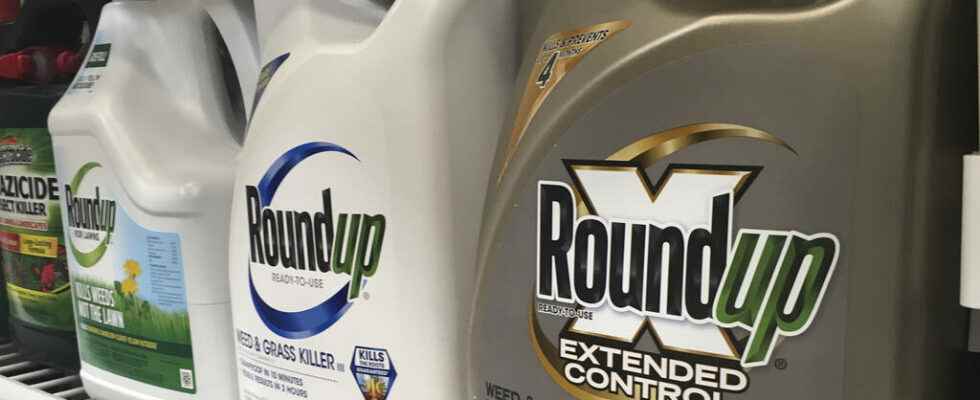The Supreme Court of the United States on Tuesday, June 21, refused an appeal by Monsanto, owned by Bayer, making final its judgment to pay 25 million dollars to a pensioner who attributes his cancer to Roundup. This decision could have very serious consequences for the German group.
It’s a decision that could lead to multi-billion dollar compensation, upon arrival. The Supreme Court of the United States refused on Tuesday to grant a request from the German group Bayer, owner of Monsanto, in a case related to its famous weedkiller “Roundup”.
By not taking up the case, and without having to justify its decision, the highest court in the country has made final a previous court decision, condemning the group to pay 25 million dollars to a retiree, Edwin Hardeman, who blames his cancer to this glyphosate product.
In 2015, Mr. Hardeman was diagnosed with non-Hodgkin’s lymphoma. He was one of the first to take Monsanto to court, blaming his illness on Roundup, which he used on his own for 25 years. He believes that the seller is misleading his customers about the harmfulness of his product.
He had filed a civil action in 2016, and Bayer had been convicted in 2019, a decision upheld on appeal in 2021, before the company turned to the Supreme Court, recalling that the federal agency for the protection of the environment, the EPA does not consider a special warning necessary.
Towards a legal game of dominoes for Bayer?
Bayer is facing more than 31,000 complaints, in addition to those for which the group has already reached an agreement. Since their number is now likely to rise, the company has added 4.5 billion dollars to the 2 billion initially set aside to deal with possible new procedures.
Eventually, the German group could even have to pay more, according to Agence France-Presse. ” Bayer respectfully disagrees “, but considers himself ” fully prepared to face the legal risk “, he reacted by press release, while his action fell Tuesday evening in Frankfurt.
►Read again: The takeover of Monsanto by Bayer, is it a good deal?
The company does not admit no wrong or liability “, considering himself entitled to ” continue to support its Roundup products, a valuable tool for efficient agricultural production around the world “. Monsanto has always defended that no study has concluded that glyphosate and Roundup are dangerous.
Glyphosate, the main active substance in the weedkiller Roundup, marketed worldwide since the 1970s, is however classified as a “probable carcinogen” by the International Agency for Research on Cancer (IARC) of the World Health Organization ( WHO).
With agencies
